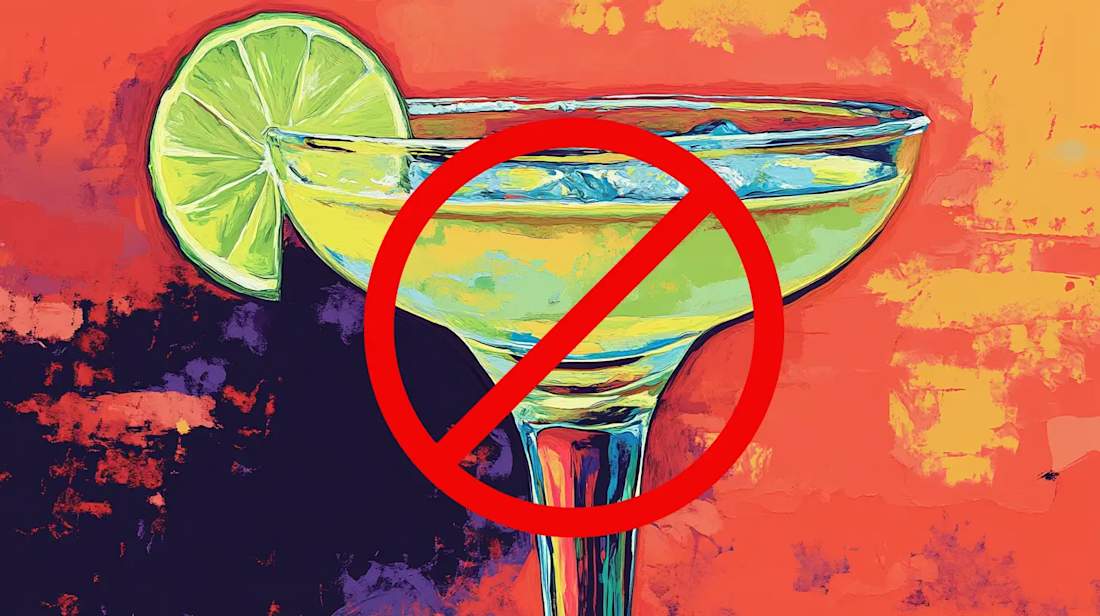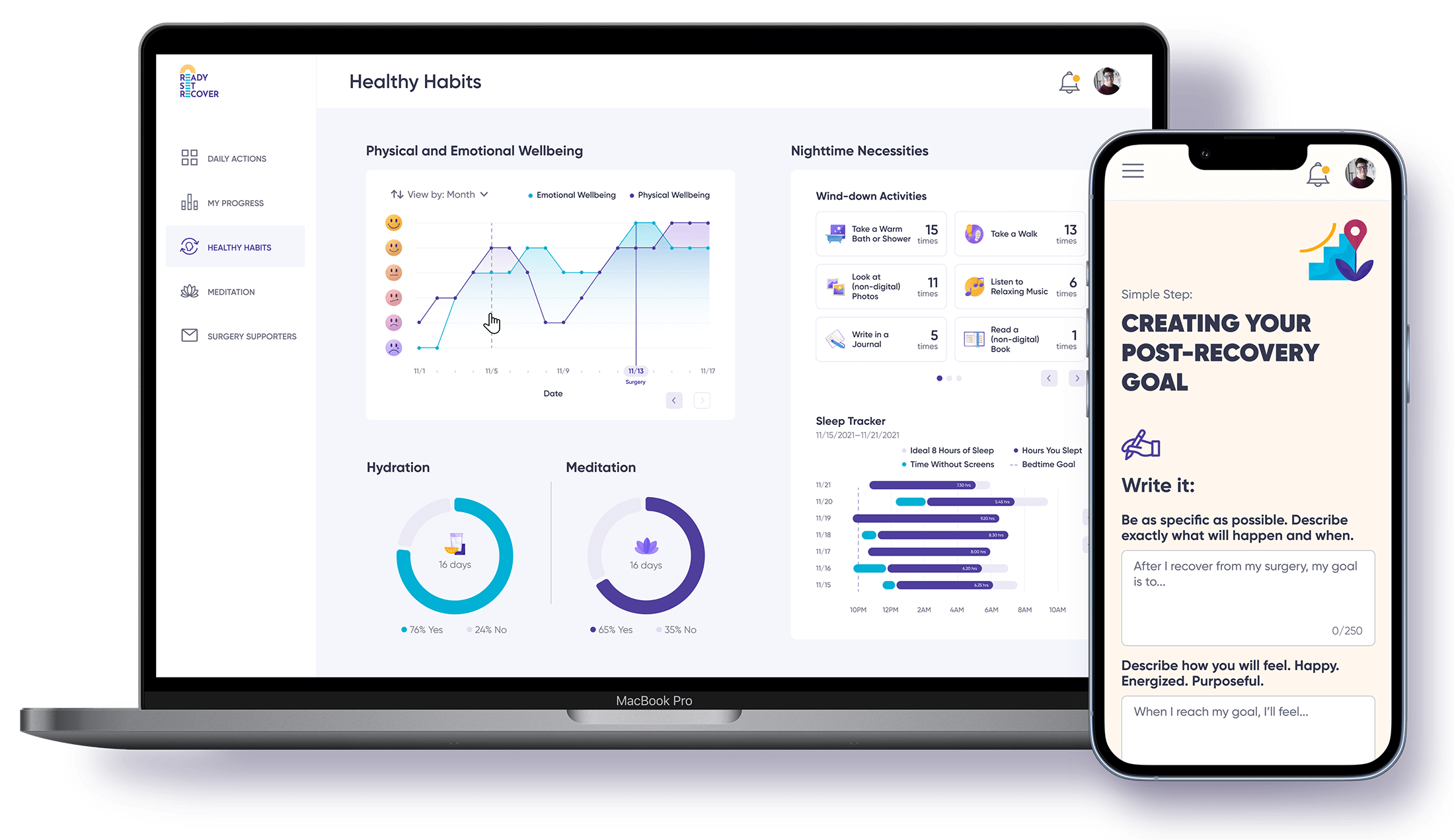How Alcohol Before Surgery Can Affect Your Recovery


Are you facing surgery and unsure about whether you should stop drinking alcohol beforehand? Drinking before surgery can have serious consequences, including increased risks of bleeding, infection, and complications with anesthesia. In this article, we explain why avoiding alcohol is essential for a safer surgical experience and smoother recovery.
Key Takeaways
Avoid alcohol for at least 2 to 4 weeks before surgery to minimize risks like excessive bleeding and complications with anesthesia.
Drinking alcohol during recovery can seriously hinder healing, increase infection risks, and interfere with medications, prolonging hospital stays.
Consult with your healthcare provider about the safe timeline for resuming alcohol after surgery, typically recommended to wait at least 5-6 weeks.
Alcohol Before Surgery: Why Quitting Early Supports Recovery
Alcohol consumption in moderation, such as an occasional drink with a meal, is generally considered harmless, although recent studies have started to question even this long-held belief. When it comes to surgery, however, drinking beforehand and during recovery can lead to serious complications. Beyond the procedure, alcohol can interfere with medications, prolong recovery times, and increase infection risks, hindering a smooth recovery.
The body’s ability to heal and recover is a complex process that requires careful preparation. If quitting drinking is a challenge, don’t worry—there are options and support systems available to help you through this. We’ll discuss these in detail, ensuring you’re well-prepared for your surgery and the recovery period that follows.
The Risks of Drinking Alcohol Before Surgery

Drinking alcohol before surgery can significantly increase a patient’s risk for complications during and after the procedure. Alcohol consumption is a common preventable risk factor for postoperative complications such as increased bleeding and interference with anesthesia. Most surgical procedures require your body to be in its best possible state, and alcohol use can hinder that, making surgeries more dangerous than they need to be.
Patients should stop drinking alcohol at least 2 to 4 weeks prior to surgery to minimize complications. This step is necessary, as alcohol can lead to extended hospital stays, additional treatments, and emergency surgeries. Combining alcohol with surgery heightens risks, both during the procedure and in recovery.
Interaction with Anesthesia
Alcohol and anesthesia are a dangerous mix. Long-term alcohol use can alter liver function, necessitating adjustments to anesthesia dosages. The presence of alcohol can lead to increased requirements for anesthesia, complicating its effectiveness and potentially leading to postoperative complications. Therefore, patients must be honest about their alcohol use so the anesthesiologist can create an appropriate plan.
Moreover, drinking alcohol can delay gastric emptying, increasing the risk of pulmonary aspiration during anesthesia. This means that not only does the alcohol affect the medication, but it also poses additional risks like breathing issues during the perioperative period. Honesty with your anesthesiologist ensures not only correct medication but also overall safety during the surgical process.
Increased Bleeding Risk
Alcohol consumption thins the blood, which can lead to excessive or uncontrolled bleeding during surgical procedures. This increased risk of blood loss is dangerous and can complicate even the simplest surgeries. For patients undergoing certain surgeries, the risk of excessive bleeding is a critical factor that can determine the success or failure of the procedure.
Timing: When to Stop Drinking Alcohol Before Surgery

Patients should generally refrain from alcohol for at least 2 to 4 weeks before surgery to lower postoperative risks. This period allows the body to clear alcohol and better prepare for surgical stresses.
Those who find it hard to quit cold turkey should seek medical advice. Abrupt cessation, especially for those with alcohol use disorders, can lead to withdrawal symptoms, complicating the need to perform emergency surgery.
Even light drinkers should avoid alcohol for at least 48 hours before the procedure. This short period can impact how your body responds to anesthesia and medications. Ensuring your body is alcohol-free is crucial for a successful outcome.
The Impact of Drinking During Recovery

The recovery phase after surgery is critical, and alcohol consumption can severely hamper this process. Alcohol can lead to dehydration, affect the effectiveness of medications, and interfere with the body’s natural healing processes. Staying hydrated and avoiding alcohol during recovery is vital for most patients.
Infection and Sepsis
Alcohol consumption significantly increases the risk of postoperative infections and surgical complications due to its weakening effect on the immune system. When the body is already compromised by surgery, the additional burden of fighting off infections while under the influence of alcohol can be overwhelming. This is particularly concerning for patients with a history of heavy drinking, as they are at a heightened risk for developing pneumonia and other respiratory complications after surgery.
One of the most severe complications that can arise from a weakened immune system is sepsis. Sepsis is a life-threatening condition that occurs when the body's response to infection causes widespread inflammation, leading to tissue damage, organ failure, and potentially death. The immune system's primary role is to fight off infections, but when it is weakened by alcohol consumption, it becomes less effective at controlling bacteria and other pathogens.
A compromised immune system can allow infections to spread more easily, increasing the likelihood of sepsis. In the context of surgery, this can mean that even minor infections at the surgical site can escalate into severe systemic infections. Symptoms of sepsis include fever, rapid heart rate, rapid breathing, confusion, and extreme pain or discomfort. Early recognition and treatment are crucial for improving outcomes, but prevention is always the best strategy.
Therefore, avoiding alcohol before and after surgery is essential to maintain a robust immune response, reduce the risk of infections, and prevent the development of sepsis. Patients should be aware of these risks and take proactive steps to support their immune health during the surgical and recovery periods.
Slower Wound Healing
Alcohol consumption can significantly slow down the wound healing process, which is essential for a swift recovery. Dehydration caused by alcohol can hinder the body’s repair mechanisms, leading to prolonged recovery times. Proper wound healing requires adequate hydration and nutritional status, both of which can be negatively affected by alcohol. This interference disrupts collagen synthesis, essential for tissue repair and wound healing.
Alcohol also negatively affects skin health and disrupts normal blood flow, important for delivering nutrients to healing tissues. Additionally, it may increase inflammation, complicating the healing process.
Alcohol's Effect on Medications and Pain Management

Beyond the immediate surgical risks, alcohol also interferes with the effectiveness of pain medications and other treatments, making recovery more challenging.
Medication Interference
Alcohol consumption can disrupt the metabolism of various medications, potentially reducing their therapeutic efficacy. This is particularly concerning for pain medications, as combining alcohol with opioids can heighten the risk of respiratory depression, complicating pain management. Mixing alcohol with opioids post-surgery can result in dangerous interactions that may even be fatal.
Other medications may be affected by drinking, necessitating dosage adjustments. Both short-term and long-term alcohol consumption can impair anesthesia effectiveness, complicating pain management during recovery.
Managing Chronic Pain
Chronic alcohol users often have altered pain thresholds, complicating standard pain management strategies. This can make finding effective pain relief after surgery more challenging.
Managing pain in these patients requires a tailored approach, combining various pain medications and treatments. Physicians need to be aware of a patient’s alcohol history to provide effective pain management.
If there's one key takeaway from this, it's that when it comes to mixing alcohol with medication, it's crucial to communicate openly with your doctors about your alcohol consumption. This ensures you receive the best possible care.
Safe Timeline for Resuming Alcohol
Medical professionals generally recommend waiting at least two weeks after surgery before consuming any alcohol. This waiting period is crucial as it allows your body ample time to heal and significantly reduces the risk of complications. During these two weeks, your body is working hard to repair tissues, manage inflammation, and fight off potential infections. Introducing alcohol too soon can interfere with these vital processes, leading to prolonged recovery times and increased vulnerability to postoperative complications.
For personalized advice tailored to your specific situation, it's always best to consult with your healthcare provider. They can provide guidance based on your individual health status, the type of surgery you underwent, and any other medications you may be taking. Following their recommendations ensures a safer and smoother recovery process, ultimately helping you return to your normal activities more quickly and effectively.
Support

If you're not sure where to turn for help on this issue, here are some options:
Consulting with a primary care provider is an essential first step for individuals who need to address their drinking habits before surgery. A healthcare professional can evaluate your drinking patterns and craft a tailored treatment plan. They will assess your overall health and determine if medications for alcohol use disorder are appropriate. Additionally, they can provide referrals for specialized treatment if needed.
Behavioral treatments, such as alcohol counseling, can help you develop the skills necessary to stop or reduce drinking. Building a strong social support system, setting achievable goals, and learning to cope with triggers that may cause relapse are all critical components of these treatments.
Medications can also play a role in helping people stop or reduce drinking. There are three FDA-approved medications available, which may be used alone or in combination with counseling to support recovery efforts.
Mutual-support groups like Alcoholics Anonymous (AA) and other 12-step programs offer peer support and can complement professional treatment. These groups provide a sense of community and shared experience, which can be invaluable during the recovery process.
Intensive perioperative alcohol cessation interventions are programs designed to achieve complete alcohol cessation before surgery. These programs, which typically last 4-8 weeks, may include education, withdrawal management, relapse prevention, and follow-up care.
Enlisting support from family and friends can also enhance the chances of successful recovery. This support network can provide emotional encouragement, help monitor your progress, and assist with daily tasks during your recovery period. Having a reliable support system can make a significant difference in maintaining sobriety, especially when facing the challenges of post-surgery recovery. Family and friends can also accompany you to appointments, help manage medications, and ensure you follow your healthcare provider’s recommendations. Their involvement can foster a nurturing environment that promotes healing and reduces stress, making the journey to recovery more manageable.
Finally, utilizing support services can provide additional help. National hotlines for alcohol and drug support, online resources like Hello Sunday Morning, which offer web chats with health coaches through programs like Daybreak, and local support groups are all valuable tools that can assist in maintaining sobriety and preparing for surgery.
Why Avoiding Alcohol Before Surgery Leads to a Safer Recovery
Alcohol consumption before and after surgery can significantly impact your recovery and overall health. From increasing the risk of surgical complications to interfering with medications and slowing down wound healing, the effects of alcohol are far-reaching. By stopping alcohol consumption well before surgery and avoiding it during the recovery phase, you can enhance your body’s ability to heal and reduce the likelihood of complications. Always consult with your healthcare provider for personalized advice and support to ensure a safe and successful surgical outcome.
Frequently Asked Questions
How long before surgery should I stop drinking alcohol?
It's best to stop drinking alcohol for at least 2 to 4 weeks before your surgery to minimize any potential complications. Taking this step can really help ensure a smoother recovery.
Can I drink alcohol the night before surgery?
It's best to skip alcohol for at least 48 hours before your surgery to ensure your body is ready for the procedure. Staying alcohol-free will help you recover more smoothly afterward.
How does alcohol affect anesthesia?
Alcohol can complicate anesthesia by altering liver function, which may lead to a higher need for anesthesia and increased risks during the procedure. It's best to discuss your alcohol consumption with your anesthesiologist beforehand.
Why is alcohol consumption risky during the recovery period?
Drinking alcohol during recovery is risky because it can slow down healing, heighten the chance of infections, and mess with your medications. It's best to steer clear to ensure a smoother recovery.
What happens if you drink alcohol 2 days before surgery?
Drinking alcohol before surgery, even just two days prior, can increase bleeding, interfere with anesthesia, and slow healing. To reduce risks, avoid alcohol for at least 48 hours before surgery and follow your surgeon’s guidelines.
When can I safely resume drinking alcohol after surgery?
It's generally safe to resume drinking alcohol about two weeks after surgery, but definitely check with your surgeon for personalized advice. They'll give you the best guidance based on your specific situation.






